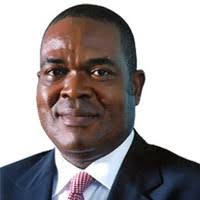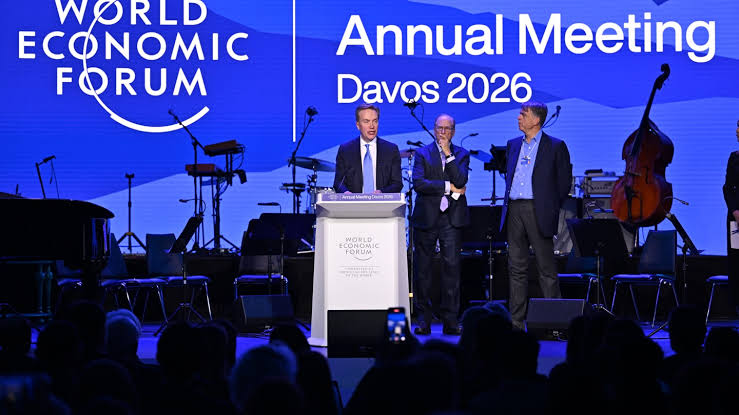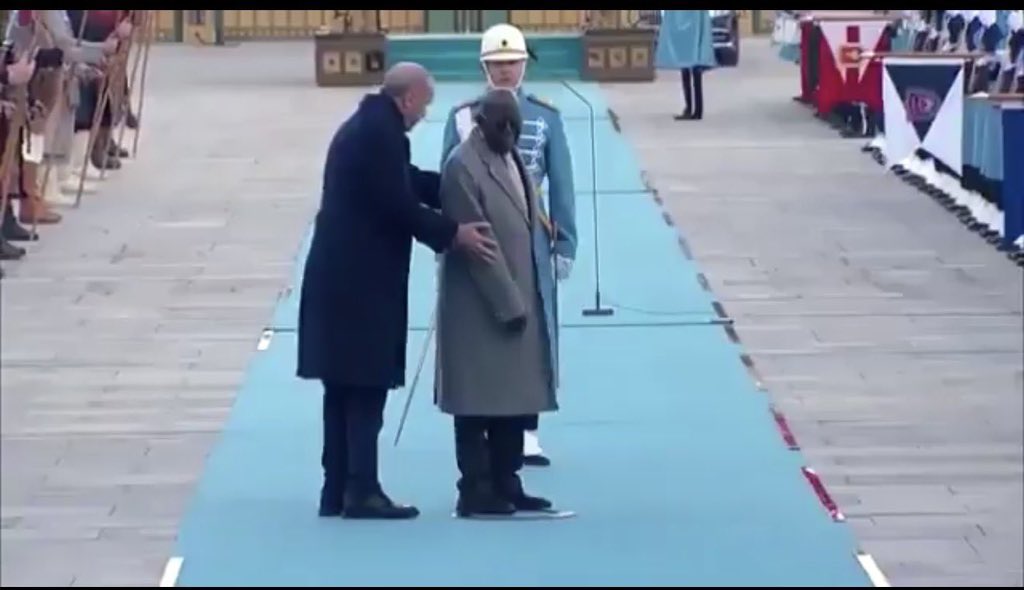By Marcel Okeke
Well over two years into its four-year tenure, the President Bola Ahmed Tinubu-led Federal Government of Nigeria (FGN) seems to be making moves to take the critical initial steps it ought to have taken at its take off. The absence of these crucial initial steps has been largely responsible for the barrage of policies, programs and initiatives of the FGN whose outcomes and impacts have failed to improve the economy but instead impoverished and pauperized majority of the populace.
As the reforms were coming in torrents, there was no overarching development roadmap; instead, there was only a mantra: “Renewed Hope Agenda” which essentially contained the manifestoes of Bola Ahmed Tinubu as a presidential candidate in 2022. Thus, right from the inauguration of the President on May 29, 2023, extracts from his campaign promises, including fuel subsidy removal, were being announced by various ministries, departments and agencies (MDAs) of the Federal Government as reforms.
Those off-handed announcements, including the fuel subsidy removal, resulted into unprecedented high inflation, crash of the Naira vis-à-vis the U.S. dollar and other hard currencies, weakening of consumer purchasing power. They also led to untold hardship for the citizenry, wide-spread poverty, and numerous other social vices.
Apparently at its wits’ end in tackling the resultant socio-economic mess, the FGN adopted and applied a bouquet of palliative measures. This approach rather than providing solution to the dire consequences of the reforms, portrayed the Tinubu administration as applying palliatives in the absence of any economic development plan. As the Government gained the sobriquet: ‘Governance by Palliatives’, the economy kept floundering.
It was not until, Thursday, August 28, 2025, that the National Economic Council (NEC) unveiled the framework for the Renewed Hope Development Plan (2026-2030) “aimed at consolidating Nigeria’s reform agenda and actualizing the US$1 trillion economy” targeted by the administration of President Tinubu. Vice President, Kashim Shetima who chaired the NEC meeting, said the new national development plan, the first by the administration, would build on existing policies and align Nigeria’s growth trajectory with the long-term goals of Nigeria Agenda 2050.
This critical move by the NEC points out the huge void in the economic management of the country in recent years; and which has left national development almost rudderless—driven largely by the whims and caprices of a few. Mr. Shetima alluded to this backdrop when he said: “The Renewed Hope Plan will consolidate ongoing reforms, deepen policy continuity, and align our medium-term strategies with the long-term horizon of Nigeria Agenda 2050. It is a practical roadmap towards a US$1 trillion economy by 2023.” The Vice President further explained that the plan would be participatory rather than top-down, engaging multiple tiers of government, civil society, and private actors. Assuring that “this plan will not be drawn from the ivory towers of Abuja alone,” the VP said “we are going to keep on engaging state governments, local governments, organized private sector, civil society, labor, youth, and traditional institutions.”
From all indications, however, President Bola Ahmed Tinubu and his economic management team headed by the Minister of Finance and Coordinating Minister of the Economy, Mr. Wale Edun, are not known to be part of this NEC’s proposed economic blueprint. NEC, a creation of the 1999 constitution, is statutorily headed by the Vice President, and comprises all 36 state governors, the Governor of the Central Bank of Nigeria (CBN), and some co-opted government officials.
Although the NEC has been active since the return to democracy in 1999, the body remains essentially an advisory entity. Its constitutional roles include advising Mr. President on economic policy and planning; ensuring that economic plans and programs are aligned across all tiers of government; identifying strategies to stimulate economic growth and development, etc.
While the proposed Renewed Hope Development Blueprint is coming from the NEC, it is yet to get the acceptance/approval of President Tinubu and the endorsement of the Federal Executive Council (FEC) of the FGN. These approvals, endorsements and buy-ins are of critical importance, given recent rejections of some NEC proposals by the FEC and Mr. President. For instance, President Tinubu and the NEC were at odds over recent (Value Added Tax) reforms proposals. NEC advised Tinubu to withdraw the tax bills from the National Assembly, citing the need for further consultations and consensus-building.
President Tinubu, however, rejected the NEC’s advice, insisting that the legislative process would provide an opportunity for all stakeholders to make input and necessary changes without withdrawing the bills. He urged the NEC to allow the process to take its full course through the National Assembly. In the end, the President had his way.
Given this antecedent, it is not unlikely that NEC’s proposed Renewed Hope Economic Plan would not be acceptable to President Tinubu, hook, line and sinker. Mr. President has been used to freewheeling campaign speeches that give him the latitude to ‘over promise’ and ‘under-deliver.’ Proper economic blueprint as is being articulated by NEC has the potential to ‘cage’ or ‘pigeonhole’ Mr. President to commit to inescapable deliverables.
At present in Nigeria, it is also apposite to state that the vulnerability of the country to exogenous headwinds has never been as threatening as of today. Crude oil price volatility in the international market so far this year is largely unprecedented. Contrary to claims in some quarters, Nigeria is yet to a very large extent, a mono-product economy, with inflow from crude oil sales accounting for over 80 per cent of its foreign exchange earnings.
In point of fact, hardly has the price of oil at any point this year hit (or crossed) the US$75 per barrel that is the benchmark for Nigeria’s N55 trillion 2025 national budget. Instead, oil prices have been dancing like a yo-yo, moving between US$57 and US$70 per barrel. Wars, threat of wars and socio-economic tensions in several parts of the world largely drive the volatility of oil prices.
Concomitantly, the inauguration of President Donald Trump of the United States in January this year and his volley of Presidential Orders and other pronouncements have heightened global economic uncertainty, leaving countries like Nigeria even more vulnerable. As of today, Nigeria and many other countries have been unable to escape Trump’s tariff war—that has been redefining trade relations across the globe.
Endogenously, the existing reforms and policies that NEC promises to consolidate in the proposed economic plan have hardly leapfrogged Nigeria’s development in the past two years. Instead, they have unleashed unprecedented hardship and generally stymied growth and development.
For instance, while the tight monetary policy of the Central Bank of Nigeria (CBN) has helped in attracting Foreign Portfolio Investment (FPI), the same policy and other local conditions have practically dried up the much-needed Foreign Direct Investment (FDI). Can the Renewed Hope Economic Plan be built on ‘hot money’ which is FPI? What of the borrowing binge? Can the proposed economic plan be built on borrowed funds from ‘everywhere’? With Nigeria’s gross domestic product, GDP, (after re-basing) now standing at a mere US$188 billion, is the focus on hitting US$1trillion within five years not a pipedream? This is against the backdrop that the GDP had dropped from about US$550 billion in 2014 to only US$188 billion in 2024.
The ambitious US$1 trillion GDP by 2030 implies more than quadrupling of the current size of the economy in the next four years. The other day, the Minister of State for Industry, Trade and Investment, John Owan Enoh, said the country must grow its economy by at least 7 to 10 per cent annually, if it hopes to achieve President Bola Tinubu’s US$1trillion GDP target.Speaking at a press briefing ahead of the West Africa Industrialization, Manufacturing and Trade Summit & Exhibition 2025, Enoh warned that the current GDP growth rate of about 3 per cent “is inadequate” and stressed that industrialization was the only path to sustainable prosperity.
Over all, it is heartening that the NEC has brought the issue of an economic roadmap for Nigeria to the front-burner; thus, exposing the yawning lacuna that has left the economy on a quicksand. How soon the full plan will be in place is another thing entirely, given the magnitude of headwinds stacked against the proposed blueprint.

The author, Okeke, a practicing Economist, Business Strategist, Sustainability expert and ex-Chief Economist of Zenith Bank Plc, lives in Lekki, Lagos. He can be reached via: obioraokeke2000@yahoo.com (08033075697) SMS only




